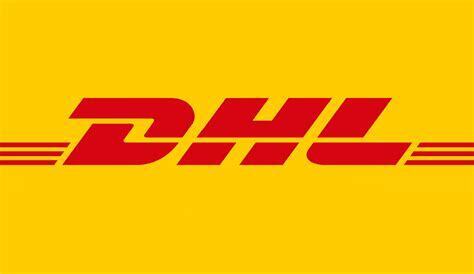Small to Medium Enterprises (SMEs) face unique challenges in managing Human Resources (HR).
While larger organisations typically have dedicated HR teams, many SMEs attempt to handle HR matters internally, often underestimating the value of professional HR advice. This can result in missed benefits and expose the business to considerable risks.
One major benefit of engaging professional HR services is ensuring compliance with complex and evolving employment laws. Without professional guidance, SMEs may unintentionally violate regulations, leading to legal disputes and costly penalties (Compton, 2017). This is particularly relevant within Australia due to the high level of complexity in workplace laws Nationally and across States. HR advisors help businesses remain compliant, reducing these risks.
Professional HR ensures employees are properly compensated and that cost-effective employee benefits are provided. These benefits, which don’t necessarily have to be expensive—such as flexible working arrangements or wellness programs—play a critical role in improving employee retention and engagement (Ulrich & Brockbank, 2017).
Professional HR advisors excel in identifying and selecting the best providers for payroll, recruitment, and training services. They ensure SMEs do not overpay for these services and that they are delivered to the required HR standards. This saves the business money while guaranteeing that outsourced functions meet operational and compliance needs.
HR professionals ensure that the company’s HR policies and procedures are specifically tailored and balances its operations and employee needs. Generic policies may not be effective or relevant to a business's specific requirements, whereas customised policies developed by HR professionals help enhance efficiency and mitigate employment related risks.
HR professionals can identify leadership development and training needs, allowing businesses to upskill employees and foster internal growth. This contributes to a more professional, engaged, and productive workforce, improving overall business performance.
Conversely, managing HR without professional assistance introduces risks. Inefficient recruitment processes can lead to mismatched hires, increased turnover, and higher recruitment costs (Cascio, 2018). Additionally, internal conflicts can escalate without expert mediation, and poorly developed HR policies can expose the company to compliance risks and demotivate staff.
In conclusion, while SMEs may try to save costs by managing HR internally, the long term risks such as breaches of workplace laws, overpaying for services, ineffective policies, and poor employee engagement, often outweigh the savings. Professional HR advice ensures legal compliance, financial efficiency, the right balance between operational and employee needs, operational success, and setting the business up for sustainable growth.
Linq HR are Australian Employment and Workplace Specialists assisting organisations and employees be their best at work. Ph 1300234566.
References
Cascio, W. F. (2018). *Managing human resources*. McGraw-Hill Education.
Compton, R. L. (2017). *Human resource management*. Cengage Learning Australia.
Ulrich, D., & Brockbank, W. (2017). *The HR value proposition*. Harvard Business Review Press.









